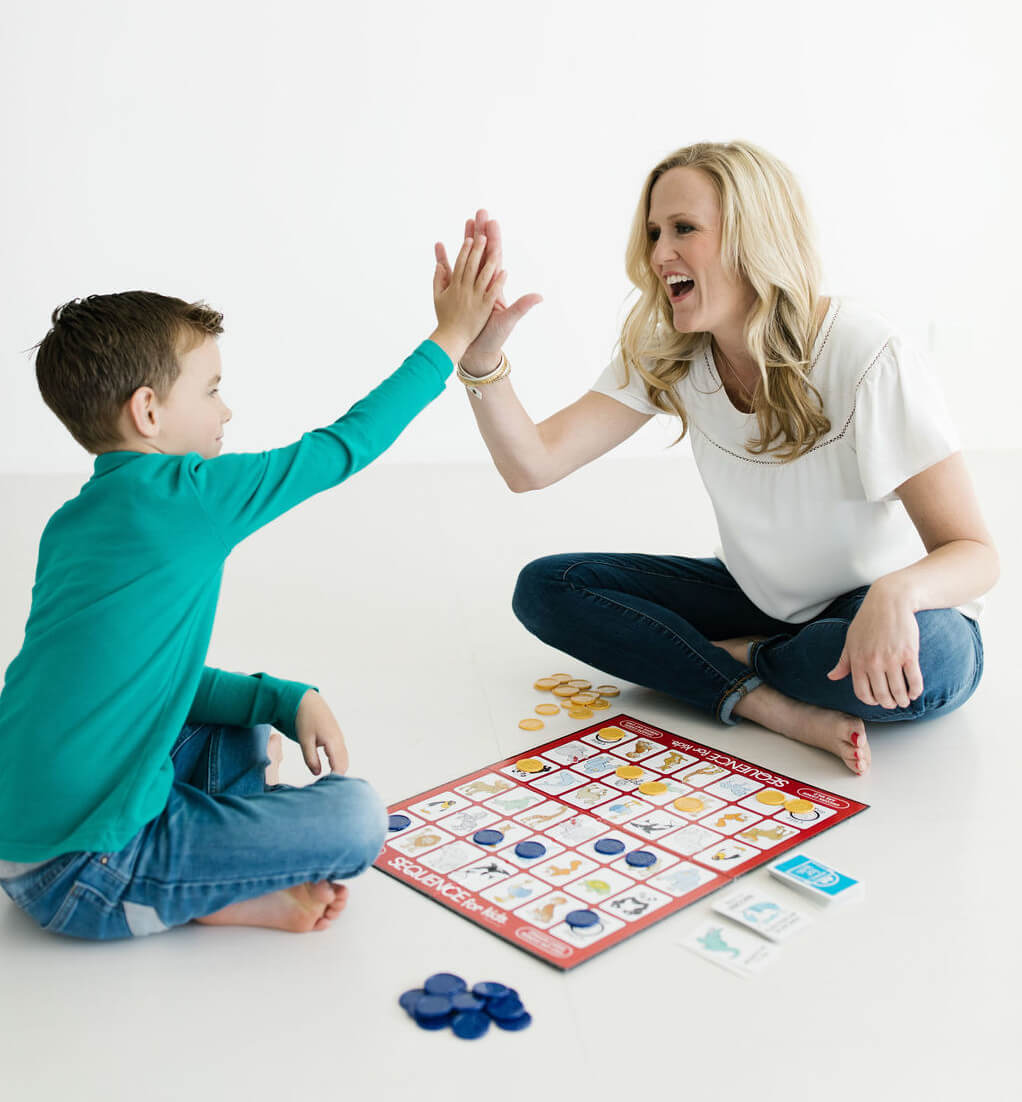Social Work With Beyond Speech
At Beyond Speech we believe that the mental, social and emotional health of our children is just as important as their physical and verbal development!
Our Social Workers are committed to the social-emotional health of our clients and work with kids and families to help manage big feelings, work through trauma and learn important coping and self management skills.
Social Work services help to address these and many other challenges your child may be facing.
- Anxiety & Depression
- Executive Functioning Skills
- Emotional Regulation
- Peer-to-Peer Relationships
- Social Skills & Interactions
- Traumatic events within the home and/or school
We are dedicated to supporting your child and your family as you navigate difficult times, personal struggles and overall social-emotional development.
Social-Emotional Milestones
These behaviors and milestones are typical for the age range indicated. If you have any concerns regarding your child’s development and/or milestone achievements, reach out to us at Beyond Speech.
By 2 Months, children should typically:
- Begin to smile at people
- Briefly calm themselves
- Tries to look toward parent or caregiver
By 4 Months, children should typically:
- Smile spontaneously, especially at people
- Like to play and engage with people and cry when playing stops
- Copy movements and facial expressions, like smiling or frowning
By 6 Months, children should typically:
- Know familiar faces and begin to recognize if someone is a stranger
- Like to play with others, especially parents and caregivers
- Like to look at themselves in a mirror
By 9 Months, children should typically:
- Be afraid or wary of strangers
- Be clingy with parents or familiar adults
- Have a favorite toy
By 12 Months, children should typically:
- Be shy or nervous with strangers
- Cry when parents or caregivers leave
- Have favorites items and people
- Show fear in some situations
- Bring a book to an adult when they want to hear a story
- Repeat sounds or actions to get attention
- Put arms and legs out to help when dressing
- Play games like “peek-a-boo” and “pat-a-cake”
- Like to hand things to others as play
By 18 Months, children should typically:
- Have occasional temper tantrums
- Be afraid of strangers
- Show affection to familiar people
- Play simple pretend games
- Be clingy to parents or caregivers in new situations
- Point to show something they are interested in
- Explore alone but with a parent close by
By 2 Years, children should typically:
- Copy others, especially adults and older children
- Get excited when they are with other children
- Show more independence
- Show defiant behavior – saying ‘no’ and doing what they’ve been told not to
- Play mainly beside other children but begin to include other children in their play
By 3 Years, children should typically:
- Copy adults and friends
- Show affection for family and friends without prompting
- Take turns when playing
- Show concern and empathy
- Understand the idea of “mine”, “hers”, “his”
- Show a wide range of emotions
- Separate easily from parents or caregivers
- Get upset with major changes in routine
- Dress and undress themselves
By 4 Years, children should typically:
- Enjoy doing and trying new things
- Pretend play “Mom” and “Dad” or a caregiver role
- Be more and more creative with pretend play
- Rather play with other than by themselves
- Cooperate with other children
- Can’t tell what is real and what is make-believe
- Talk about their likes and interests
By 5 Years, children should typically:
- Want to please family and friends
- Want to be like their friends
- Be more likely to agree with rules
- Like to sing, dance and act
- Be aware of gender
- Can tell what is real and what is make believe
- Show more independence
- Can be demanding but also very cooperative
At Beyond Speech Therapy Specialists, we are committed to the growth and success of all our clients and families!
If you’d like to learn more about our Social Work services, please contact us and we will be in contact with you soon! You can also call us at (779) 435-0724.

